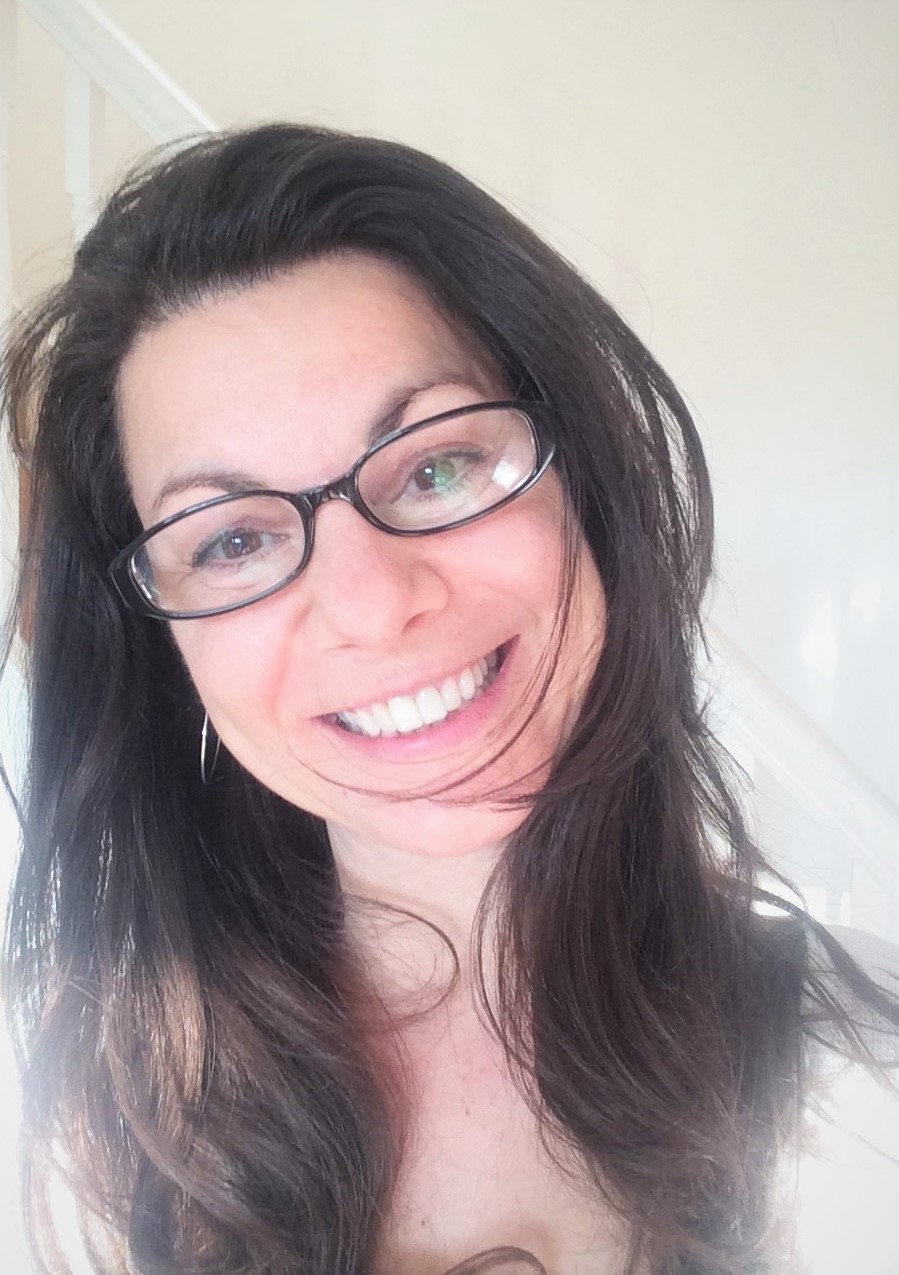Keynote abstract: What is the purpose and possibility of an HE education?
The acute urgency of the nature, climate and inequality crises highlighted in the recent IPCC report ‘code red for humanity’ (IPCC, 2023) demands that universities, businesses and individuals address the fundamental question posed by seminal sustainability scholar Stephen Sterling (2001):
‘How should – and how can – education and learning be re-thought and re-configured to make a significant and central contribution to achieving a more sustainable and just world?’
Can we continue with ‘HE as usual’ or do we need to refresh, renew and reframe the purpose of universities and hence our roles within them? The potential of HE to inspire, inform and enable transitions – and the transformations needed to ensure them – is ripe with possibility, yet so is the danger that ‘more of the same’ education will continue to lead us in precisely the opposite direction. This keynote will explore how Higher Education can and must be part of the ‘solution’ rather than part of the ‘problem’ (Orr, 1994).
Central to this is the concept of transformative education (Mezirow, 2006; Illeris, 2014; Bourn, 2021) – one that that can empower our graduates with the capacities, competencies and mindsets (Rimanoczy, 2021) to envision, create and pursue a more equitable, just and sustainable world.
This may seem a Herculean task; one that requires a move from ‘safe to brave spaces’ (Winks, 2017) through deep reflection and truthful critique of the dominant assumptions, values, purposes and practices of the neoliberal paradigms of our present educational, economic, social and cultural systems. A further foundational element of transformational learning is engaging collaborative, participatory and emancipatory pedagogies, requiring that we embrace uncertainty, discomfort and the emotional aspects of learning. However, here is where the promise lies – pedagogies of purpose ‘can unveil opportunities for hope, no matter what the obstacles may be’ (Freire, 1992).
To enable changemaker graduates therefore, we must also see ourselves as ‘changemaker educators’ committed to 'an educational change agenda allowing us to look critically at how the world is and to envision how it might be, supporting learners to create and pursue visions of a better world’ (Advance HE QAA ESD Guidance, 2021: p.8).
Biography
Cathy is a Senior Lecturer in Education for Sustainability (EfS) and a Senior Fellow of the Higher Education Academy (SFHEA). She is also Chair of the Sustainability and Environmental Education charity SEEd that works on putting ‘education at the heart of sustainability and sustainability at the heart of education’. SEEd advises government on sustainability education, partners with UNESCO and is Co-Chair of Our Shared World, a broad coalition of organizations working to embed SDG 4.7 into education at all levels by 2030.
Cathy’s core areas of interest are transformative learning and collaborative, participatory models for change. She leads the Future Pathways ESD Project – an initiative now in its 3rd year of embedding sustainability into HE teaching, learning and assessment and curates the Learning Lunches – a series of collaborative, professional development sessions on themes and issues under the sustainability umbrella.
She is also a member of the UN PRME’s (The Principles of Responsible Management Education) Sustainability Mindset Working Group and contributor to the Sustainability Mindset domain of the Oxford Brookes’ IDEAS curriculum development framework. She is a member of the OBBS Sustainability Working Group and the OBU Education for Sustainable Development Working Group.

